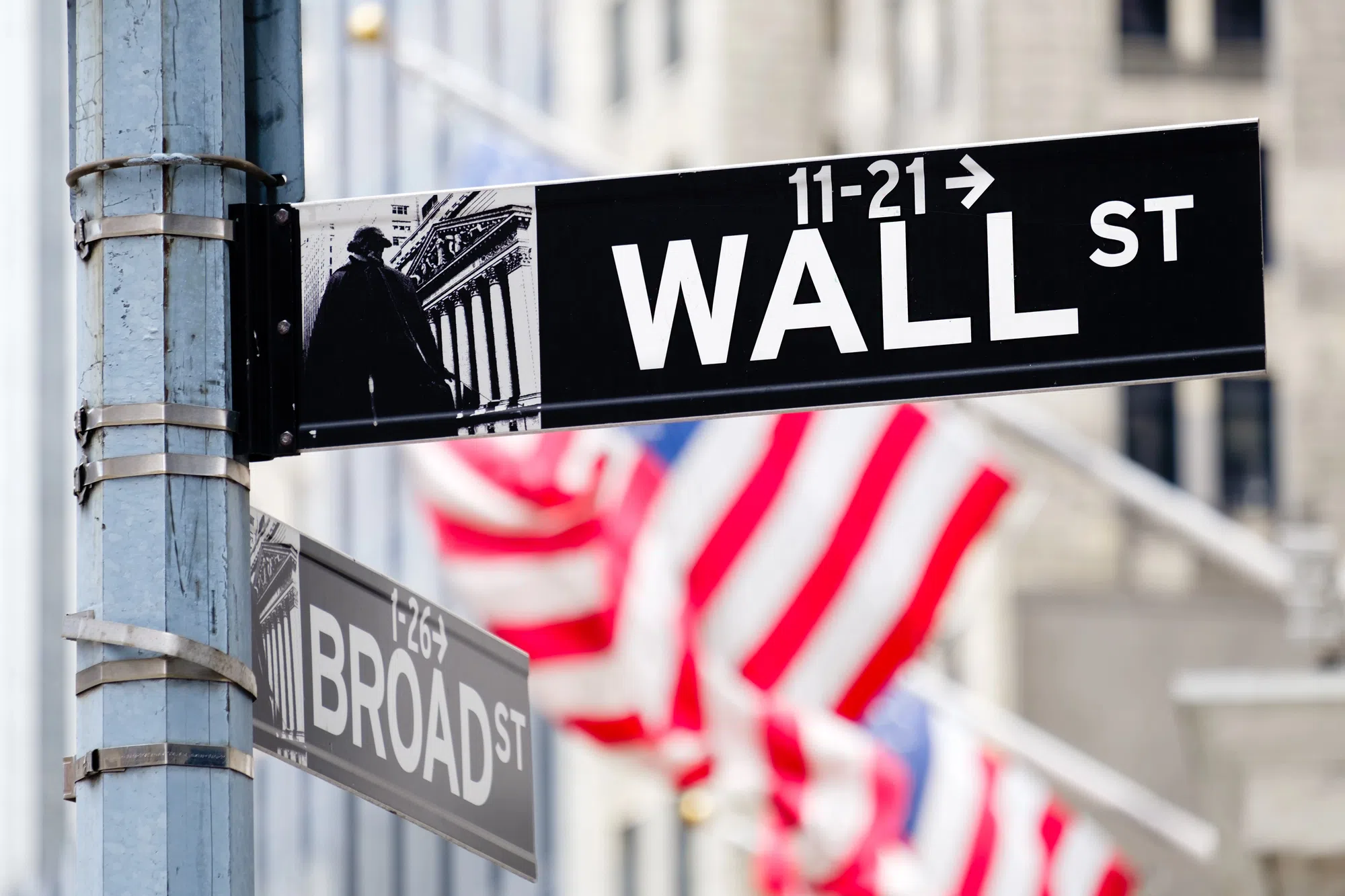
kmiragaya / Depositphotos.com
CONLEY COMMENTARY (WSAU) – What’s the number one rule of the stock market? Buy low, sell high. And yet many investors do the exact opposite. They buy the hottest stock after its price rockets upward. Perhaps that company’s fundamentals don’t allow it to go any higher. And we sell when a stock begins going down; less savvy investors are far more likely to cut their losses and run than to hold on and wait for a stock to rebound.
The stock market is jittery right now because of another old adage: the markets hate uncertainty. Donald Trump’s tarriffs, and how they play out over time, is an unknown. But stock prices are not the final word on the economy. Is it economically healthy that we used to have tariffs of 2-percent on products from China, but the Chinese averaged 23-percent tariffs on American goods. Clearly that needs to change.
One question you might ask yourself is this: if tariffs are so harmful, why do so many countries use them to keep out goods out of their markets? How could tariffs only bad when Donald Trump uses them? But not when they’re imposed by China, Japan, or the European Union.
I am not a sophisticated stock market investor. But I would share these two nuggets with you. First, if you put the same amount of money into your 401(k) each paycheck – say $100 – you’re buying more stock each week now than you were before. That’s dollar cost averaging. And if you’re a long-term investor, that is, you won’t take your money out until retirement, dollar cost averaging is a winning strategy. And, take any five year period, from the depression, to World War II, to the Carter years, over any 5 year time horizon the stock market is up, not down.
Owning a diversified portfolio of high quality stock is one of the best wealth generators known to mankind. If you doubt me, would you care to make a bet? Will the markets be higher at the end of Donald Trump’s presidency than they were at the beginning? The likelihood is overwhelming.
Chris Conley



Comments